Reduce the age of eligibility for work visas from 50 to 35
Under the new policy, the maximum age eligible for international students to apply for a temporary work visa after graduation age will be reduced from 50 to 35.
It is part of the Australian government 's new migration strategy which aims to reduce net immigration from 510,000 last year to 250,000 by 2025.
While the new policy is aimed at building Australia's "skilled workforce", some international students currently studying in-demand skills are angry, fearing the policy change will mean they won't be able to work in Australia if they graduate after the age of 36, ABC News reports.
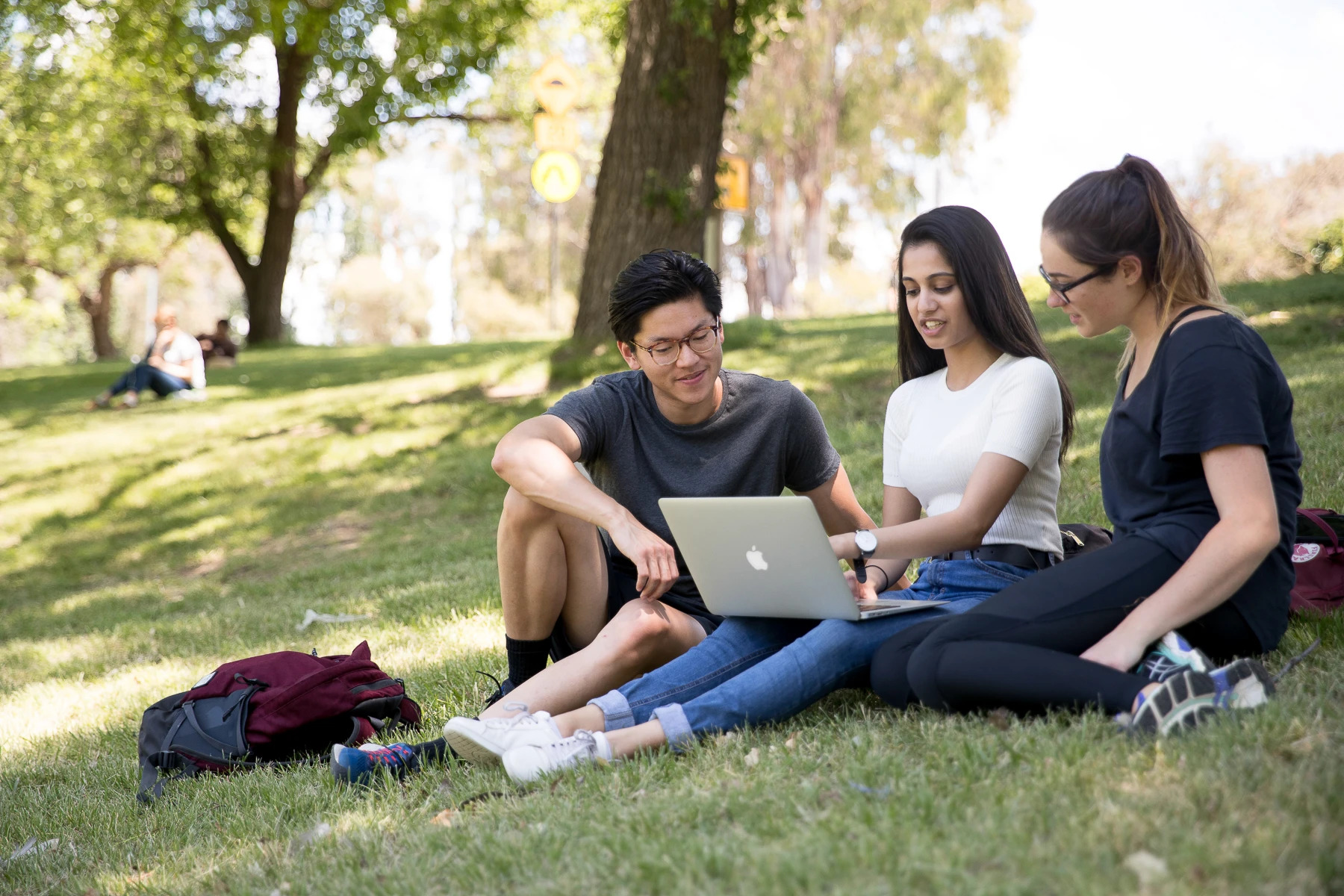
International students studying in Australia
Kenneth Chen, a community services undergraduate, said his plan was to find a job in the field he studied in Australia. But he will be over 36 when he graduates. “As international students, we have to pay the same tuition fees as younger students, study what Australia needs, but cannot get visas like younger students,” Chen lamented. “This is age discrimination,” he said, calling on the Australian government to reconsider.
Currently, the temporary work visa allows graduates (in certain fields) to stay in Australia to work after completing their studies to gain experience. It is also a pathway to permanent residency. However, some international students have exploited this system to extend their stay in Australia when they have little prospect of becoming permanent residents.
The Department of Home Affairs said lowering the eligibility age to 35 would encourage and attract highly skilled and young people to contribute to the Australian economy over a longer period of time. Post-study work rights would give graduates the opportunity to demonstrate their potential and ability to contribute to the Australian economy, but also set clear boundaries to ensure that former students do not become ‘permanent temporary’.
But migration experts say for international students like Mr Chen, who start their studies with the hope of working in Australia after graduation, the government must provide a reasonable transition pathway for them.
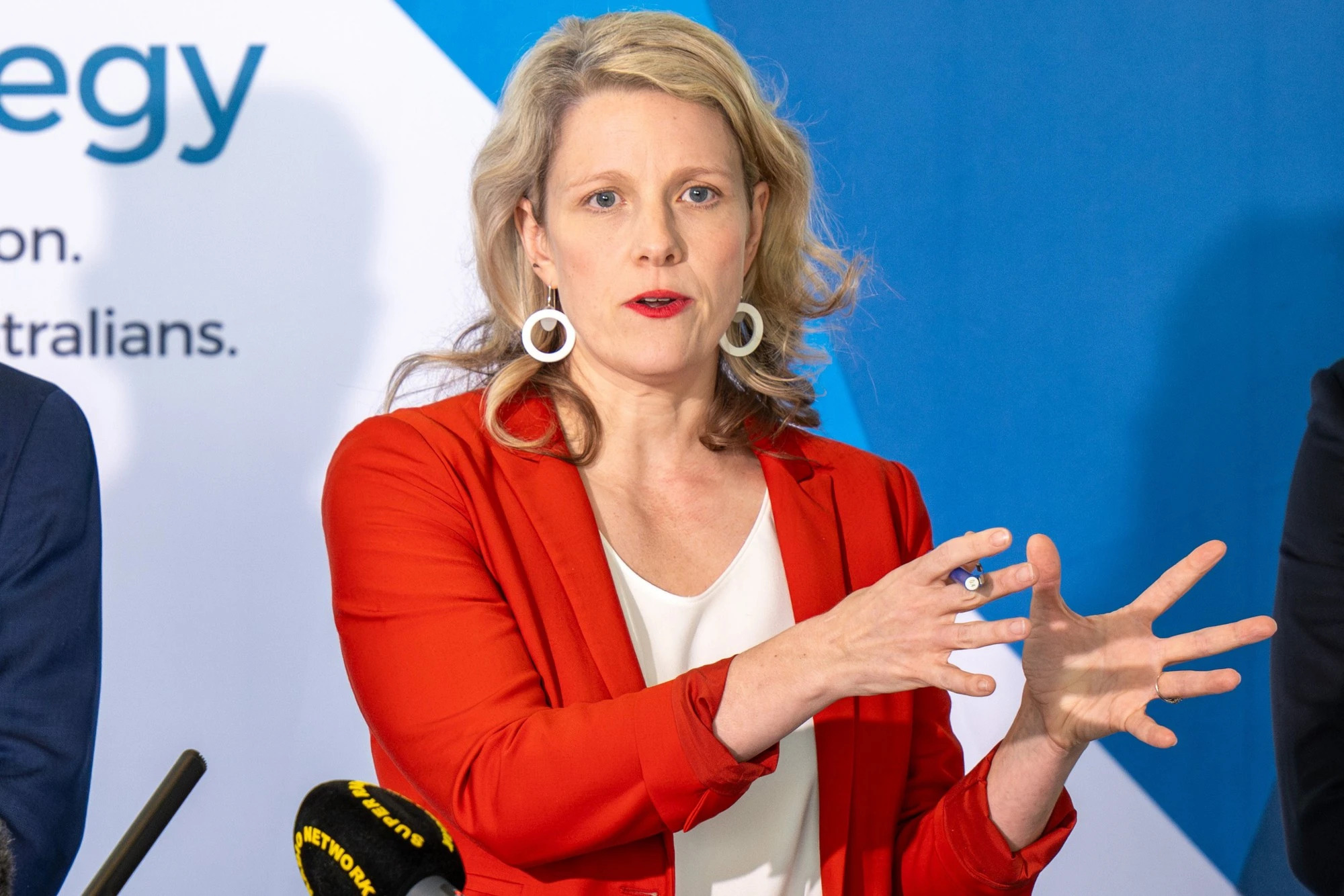
Australian Home Affairs Minister Clare O'Neil announced the new immigration strategy on 11.12.
Also according to ABC News , Melbourne immigration agent Cathy Yu said the new policy has left current international students as well as those who have applied to study in Australia in limbo. About 20% of her clients applying for a post-graduate work visa are students over 35 years old.
Gary Xu, an international computer science student in Adelaide, said he was preparing to apply for a PhD after completing his master’s degree next year. Although he is still a few years away from turning 36, Xu is worried that once he completes his PhD, he will not be eligible for a post-graduation work visa.
Mr Xu said he could apply for a post-graduate work visa before he turned 36, but only if he completed his studies in three years and there were no problems with his visa application.
According to Mr. Xu, just in July this year, the Australian government allowed international students who graduated with a master's degree in some fields of study to apply for a post-graduate work visa with a longer stay of up to 5 years, but now they are changing the time back to only 3 years as before.
Chan Vicky, 36, from Hong Kong, said she had worked hard to save money and improve her English so she could study a master's degree in accounting in Australia next year. She also hoped to eventually apply for a permanent residency visa. However, if the new age requirement also applies to applicants in Hong Kong, her efforts would be in vain.
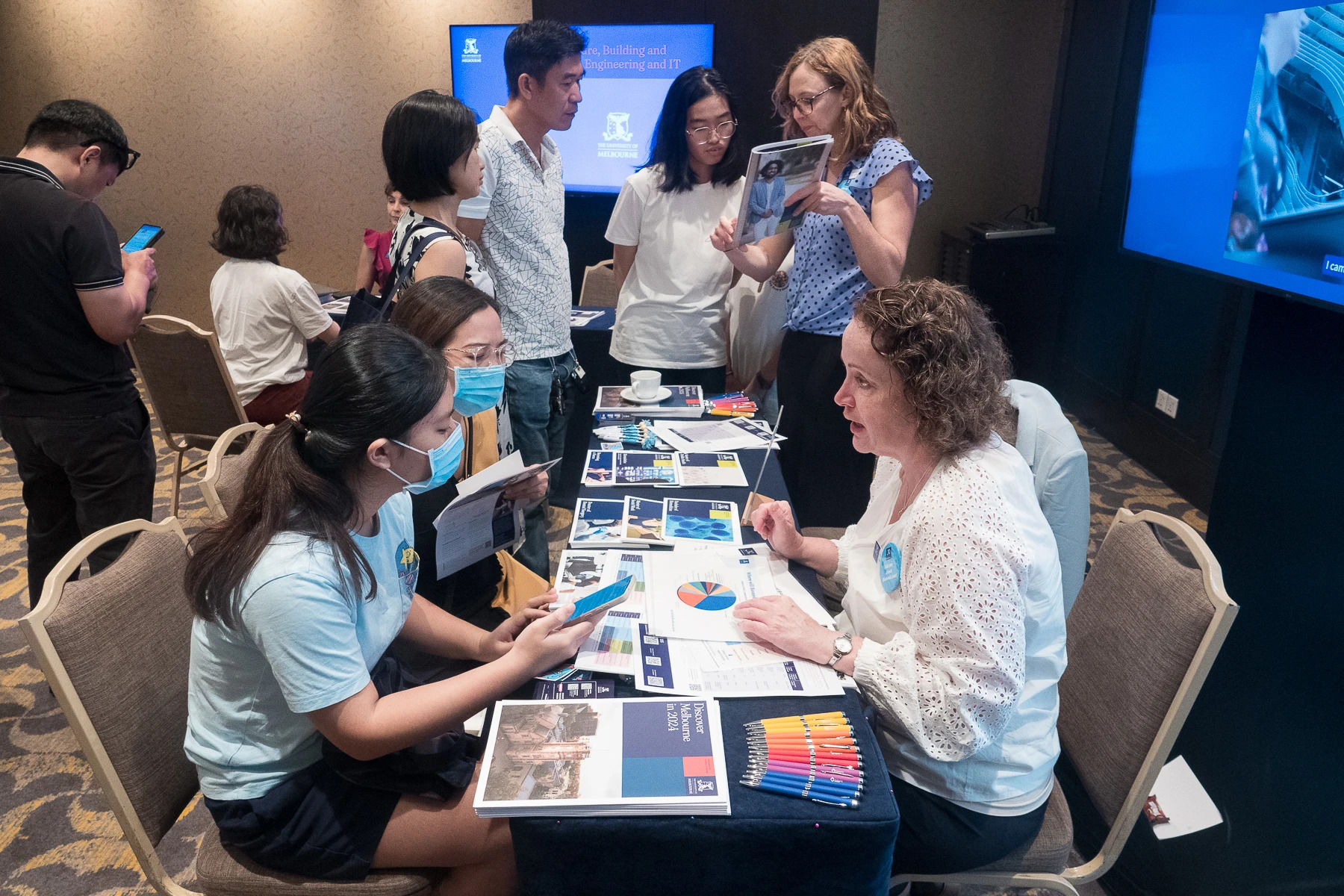
Vietnamese students learn about opportunities to study in Australia
Raise English requirements
As well as the age limit, students applying for a post-study work visa from early 2024 will be required to achieve an IELTS score of 6.5 (up from 6.0), and students applying for a student visa will need an IELTS score of 6.0 (up from 5.5).
According to ABC News , the increased language requirements may be a challenge for Lita, an Indonesian student studying Italian cooking at a vocational school in Melbourne. However, she believes the change could make things better in the long run. "It's harder to find a job these days because there are a lot of new people coming in, some of whom don't speak English well, it's hard to communicate," she said. Lita believes the Australian government's efforts to reduce the number of migrants are right because it's harder to find work and accommodation these days. In addition to improving her culinary skills, Lita hopes to eventually become a permanent resident in Australia. If she can't stay in Australia, she will return to Indonesia.
Source link



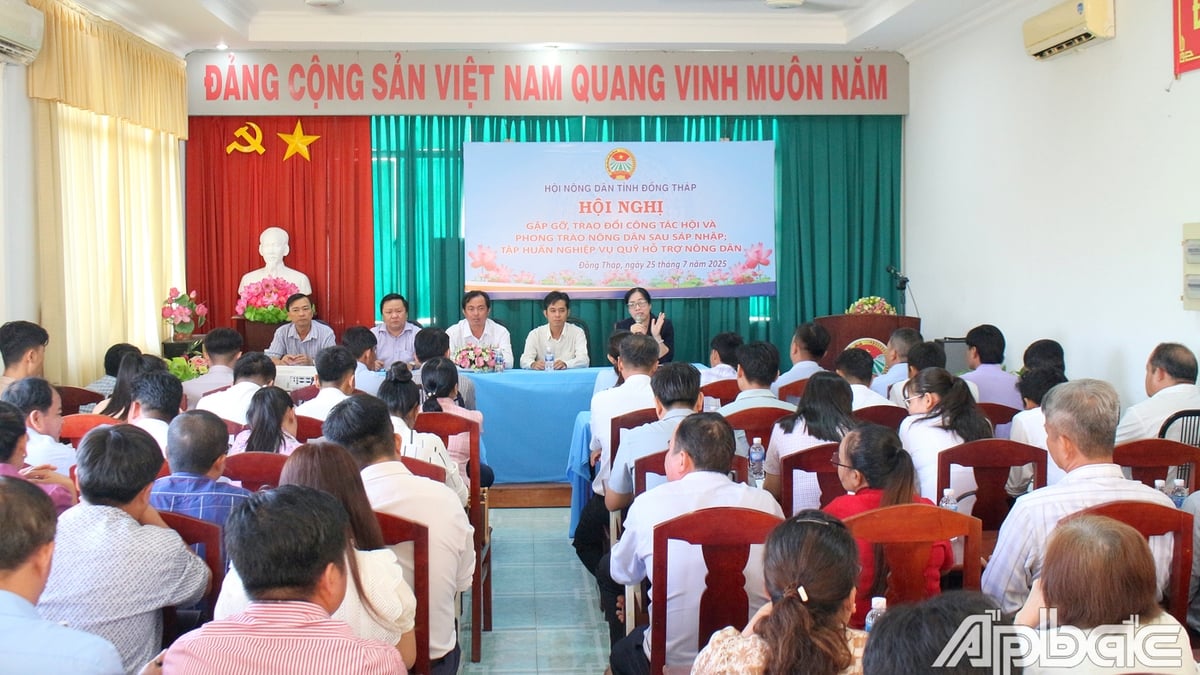
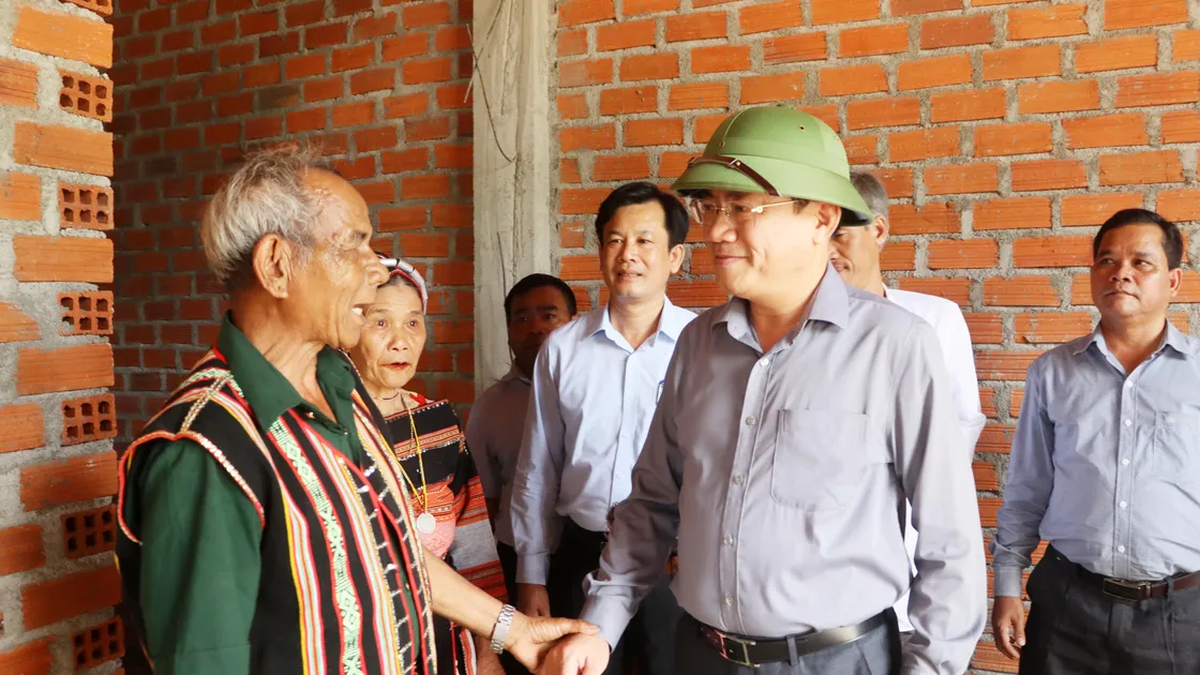
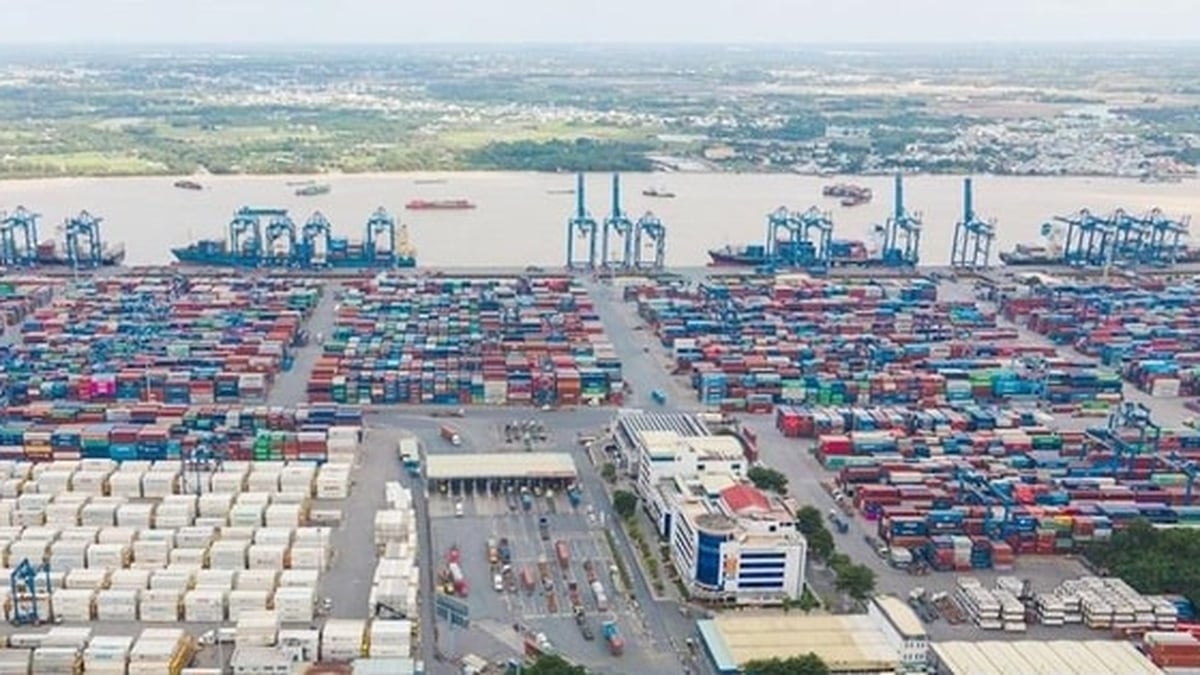
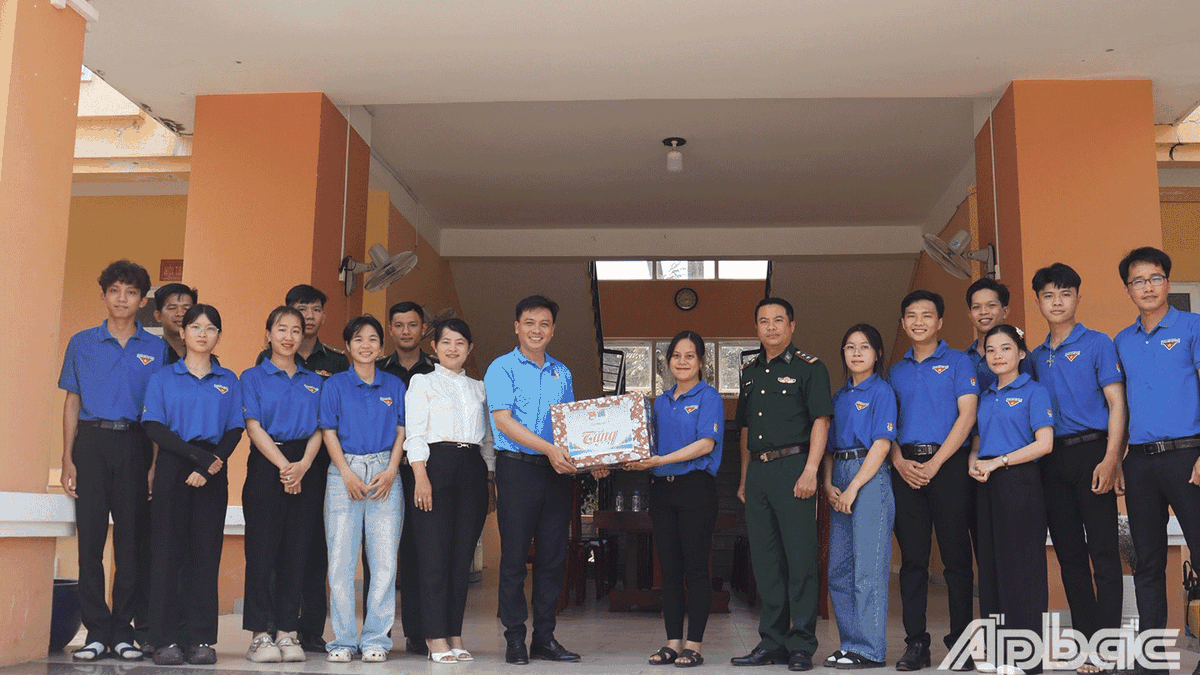
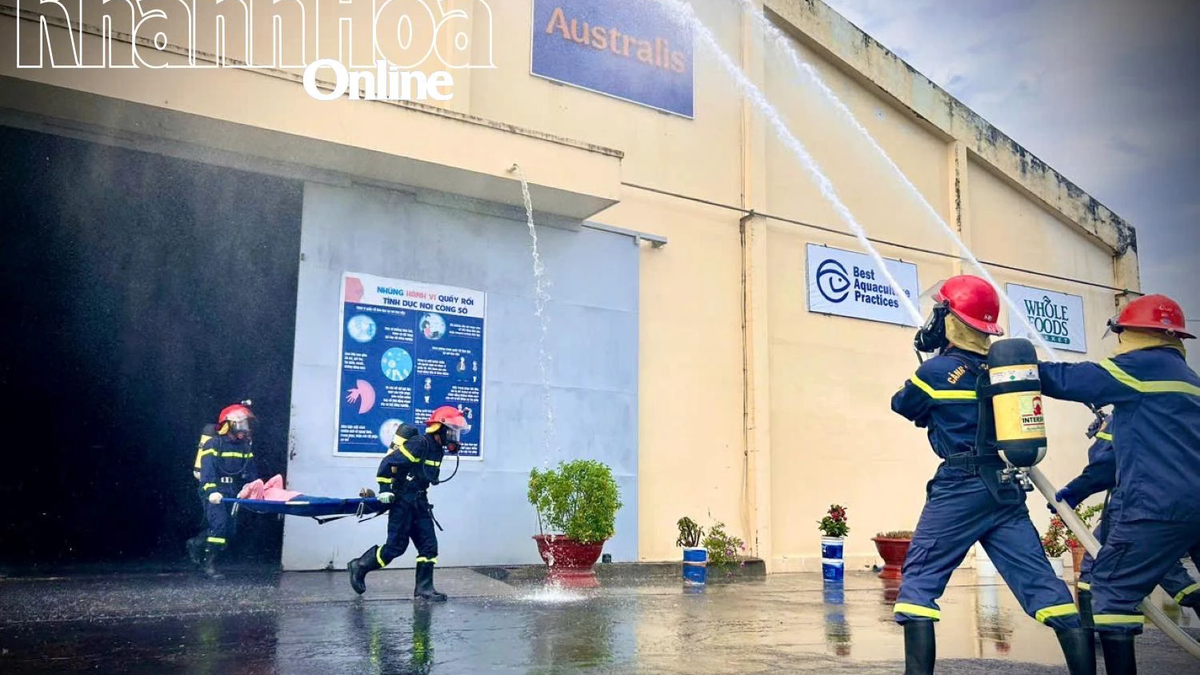
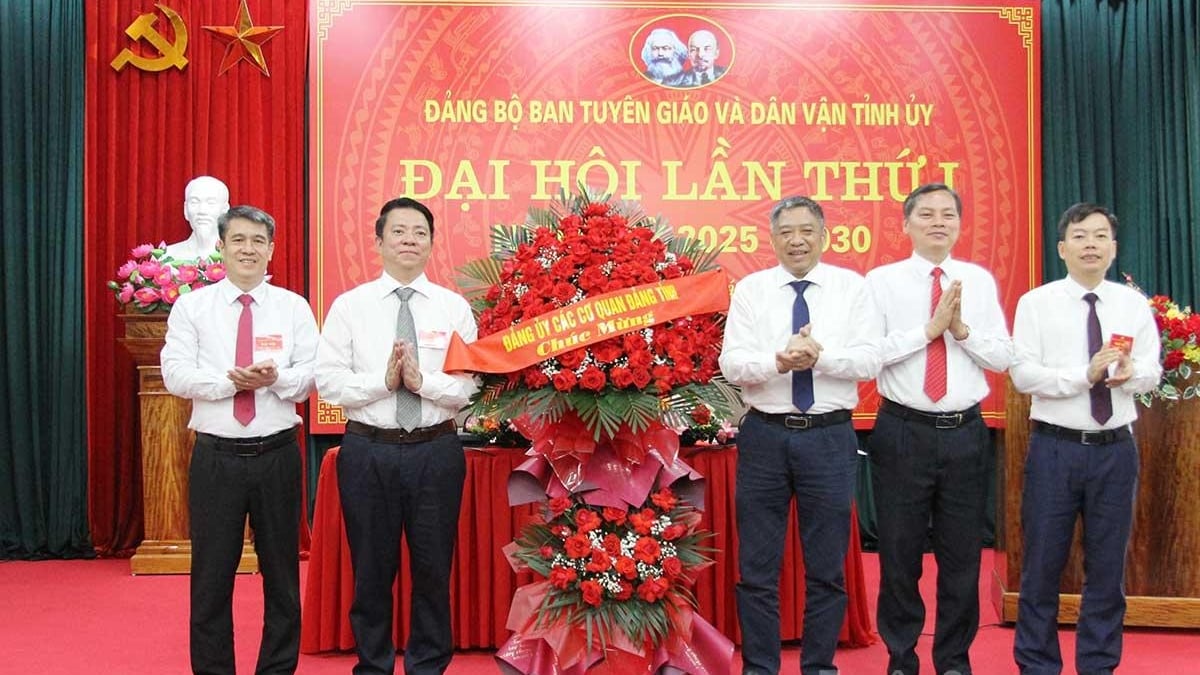
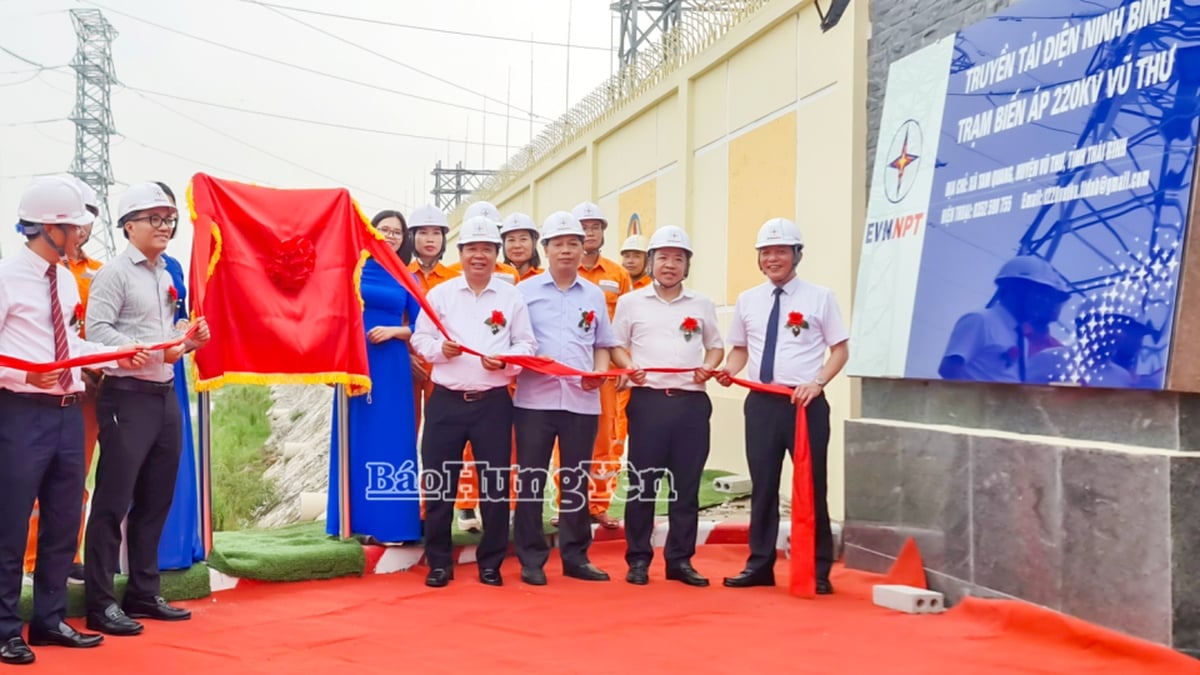

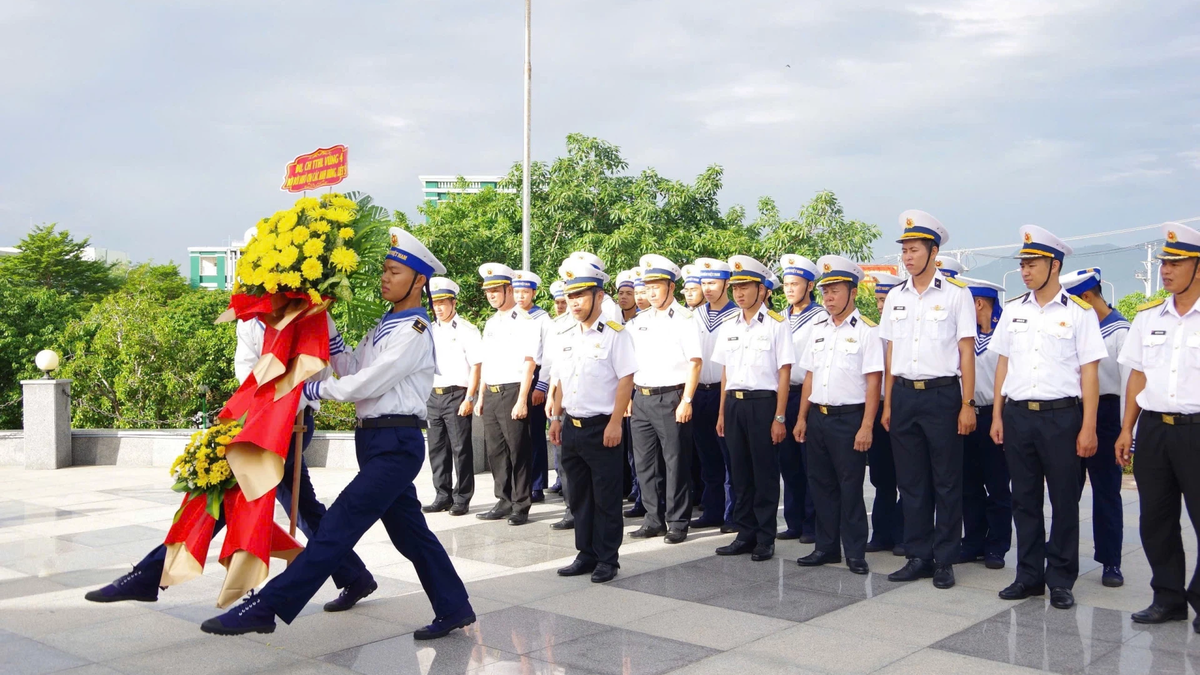












![[Photo] Signing of cooperation between ministries, branches and localities of Vietnam and Senegal](https://vphoto.vietnam.vn/thumb/1200x675/vietnam/resource/IMAGE/2025/7/24/6147c654b0ae4f2793188e982e272651)















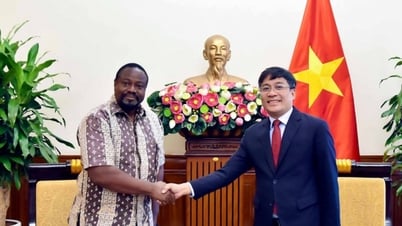
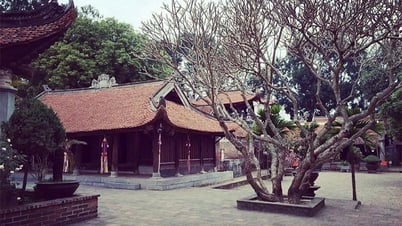





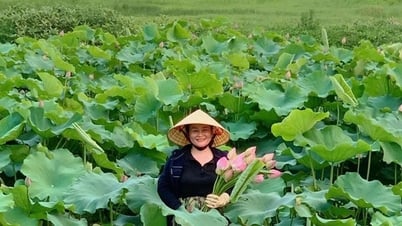

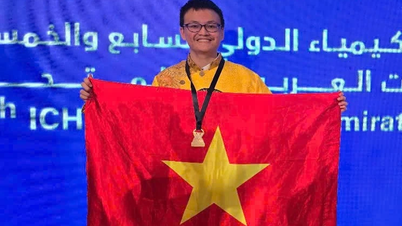

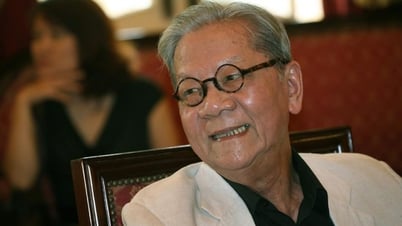








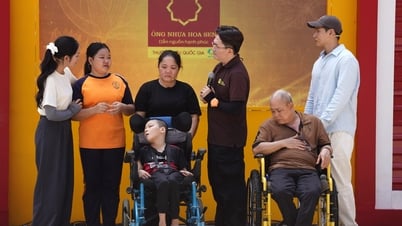

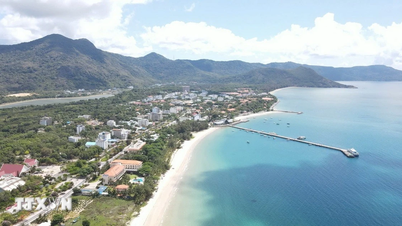
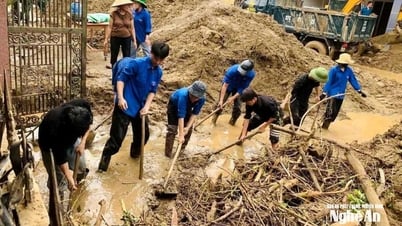






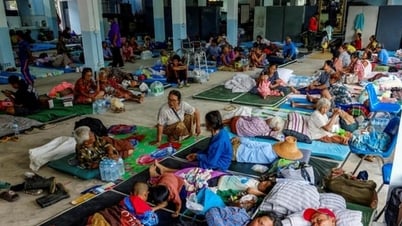



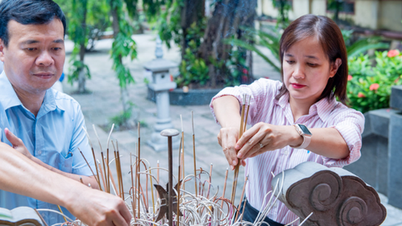
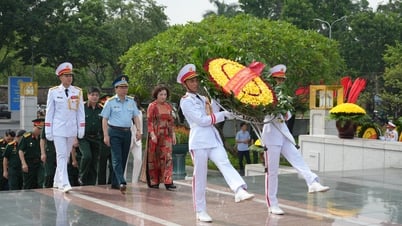

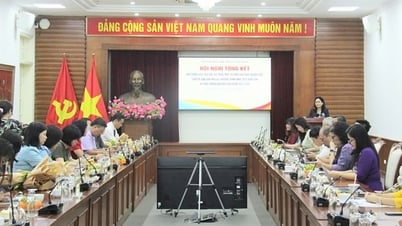

























Comment (0)